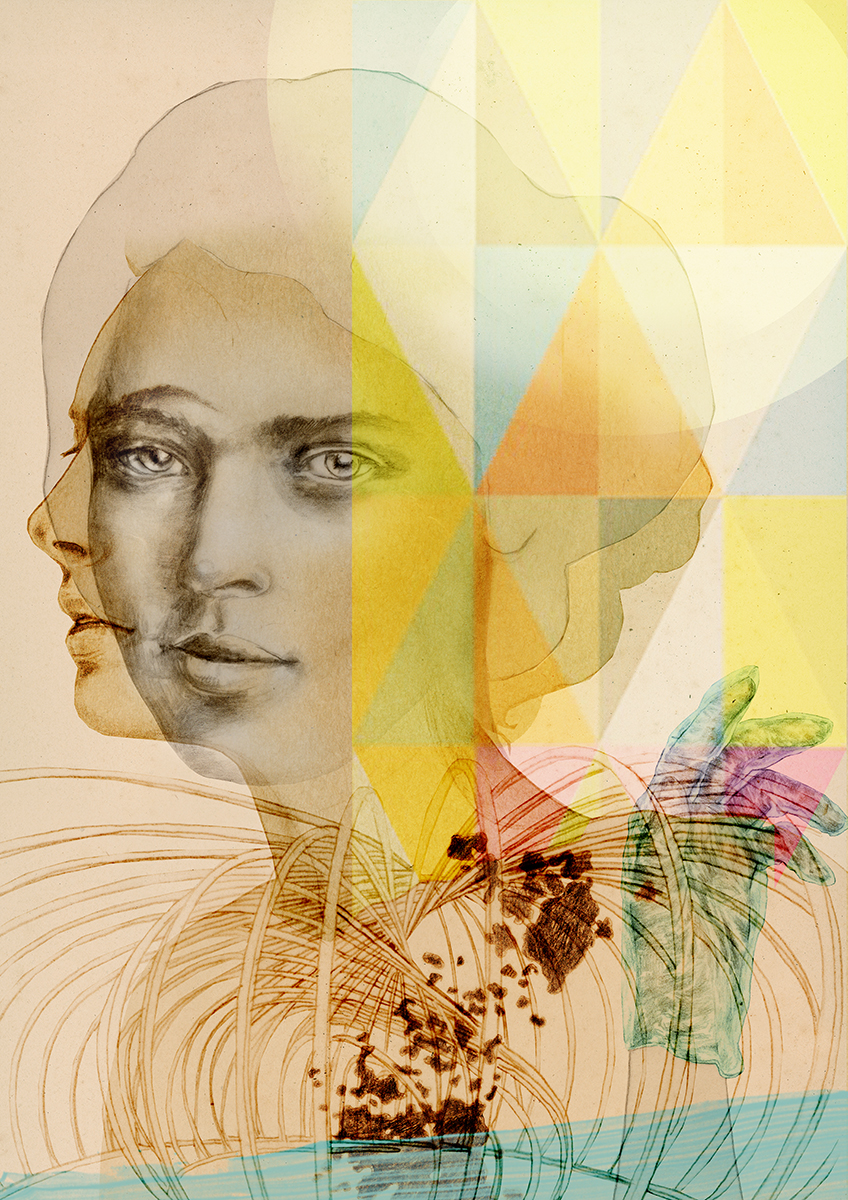
Johanna Geissmar
* 7 December 1877 in Mannheim | + 14 August 1942 in Auschwitz n
Johanna Geissmar attended secondary school in Mannheim, but studying was out of the question at first, as universities were still closed to her as a woman. In 1900, however, women were admitted to Heidelberg University for the first time and so Johanna caught up with her Abitur to study medicine in Heidelberg from 1909. She graduated in 1915 with the title of Dr. med and in 1920 fulfilled her dream of running her own practice as a paediatrician.
Unfortunately, her happiness did not last long, because in 1930 the Nazis started their Nazi propaganda and fewer and fewer patients came to Johanna Geissmar as a result.
When the Gauleitung called for a boycott of Jewish doctors in 1933 and her licence to practise was withdrawn, Johanna had to close her practice.

After the November Progrom in 1938, Johanna began a nightmare as a Jew. She was humiliated and physically attacked by the Nazis. When she found refuge with her friend Erika Schwoerer, whose family was not in favour of National Socialism, the situation became increasingly threatening and so her friend turned to the Protestant pastor Martin Huß, but protection was no longer possible.
Johanna’s brother Friedrich took his own life in autumn 1940 because of the situation for Jews in Germany. Johanna Geissmar was taken by the Gestapo to one of the three assembly centres on 23 October 1940 and deported to the camp of Gurs in the south of France, where she helped as much as she could as a doctor in the women’s camp.
Although her name was not on the list, she volunteered for transport to the Auschwitz-Birkenau concentration camp in 1942. On the one hand, she wanted to continue to provide medical care for her patients, and on the other hand, she hoped to find her brother Jakob and his wife, who had been deported from Munich, in Auschwitz.
The day of her arrival in Auschwitz-Birkenau is recorded as the day of her death: 14 August 1942.
And lastly, after remembering all those murdered (by the Nazis) here, I would like to share my thoughts on Johanna and, by proxy, all women in Germany (and Nazi-infiltrated countries):
How would women’s rights have developed had the Nazis – with their regressive and backward-looking thought patterns – not come to power?
To what extent were women’s rights and feminist paths restricted and prevented by them? What else could Johanna Geissmar have achieved?